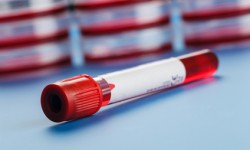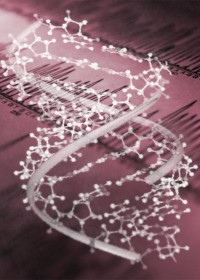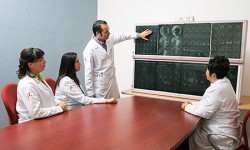
Cancer at any age can be devastating and when one type, that was previously associated with only older men and women, is attacking younger people, it adds to the frustration of dealing with this disease. At Issels®, our staff is dedicated to working with and supporting cancer patients of all ages.
Colon cancer is usually associated with men and women ages 50 and over but Andrea Payne, who is not yet 50, was diagnosed with the disease. Following a car accident that left Ms. Payne in a coma for over 35 hours, she began experiencing pain and discomfort in her bowel along with blood in her stool. Doctors told her the symptoms were a result of the pain medicine she was taking.
It took two years and more tests before Ms. Payne was finally diagnosed with a cancerous tumor. Five months later, she was diagnosed with yet another problem, thyroid cancer.
Andrea received the treatment she needed for both cancers and is closing in on her one year anniversary as being cancer free. Through strong support of her friends and family, she is a survivor. Her message to both men and women is to not assume they are too young to be diagnosed with colon cancer.
Doctors recommend colon cancer screenings and while many people choose to ignore or put off testing, Andrea hopes her story will inspire others to not wait until they turn 50, or older, to have the screening that can detect a problem early.
If you’d like more information about our treatments and programs, contact us using the toll free number on our website or use our convenient online form.





